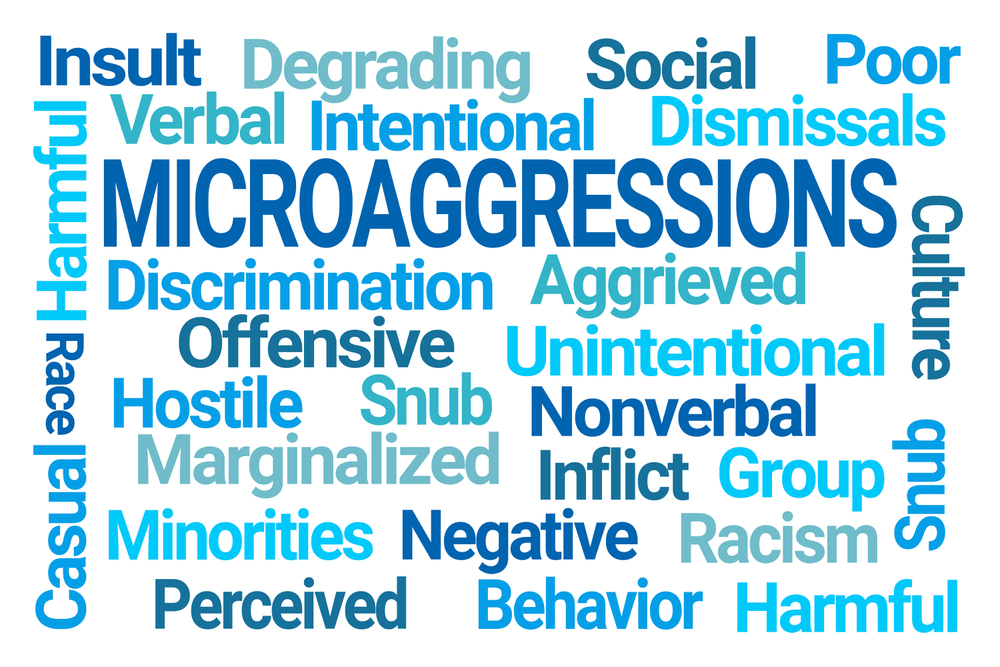Lately, I’ve been thinking a lot about the challenges that moms face while planning to return to work following time at home raising their kids. It’s a challenge that I faced years ago but it’s now back on my radar since I’ve been invited to serve on a panel at the March 5th Mom Conference in Ottawa, Canada.
Intuitively, we all know that every single day someone is returning to the workforce after being at home. This knowledge doesn’t help you figure out what you need to do to get employed again.
Despite all the talk about objectivity in hiring and level playing fields, many jobs are filled through informal networks and are filled without any public advertising. This means that a good place to start is to let your friends and other contacts know that you’re planning to go back to work. When they know that you’re looking, they may be great leads for job openings.
OK, so now your contacts know that you’ll be available for work but many people are not sure what kind of work they should pursue. Maybe what you did in the past no longer fits your new schedule nor pay enough to allow you to cover childcare expenses while you’re working.
How Can a Recruiter Help?
If you spend any time on LinkedIn, you may have noticed that there are many recruiters out there. You may even have been approached by one. Recruiters are not career counsellors or career coaches. Recruiters are paid by employers to help employers find candidates who may fit their needs. It’s your responsibility to know what you want to do and to tell the recruiter where you could fit into an organization and which jobs you want. When your skills, experience, and interests align with roles that recruiters are trying to fill then they can be an effective ally.
How Can a Career Coach or Career Counselor Help?
Career coaching is different from career counselling. Career counsellors usually give clients tests and conduct assessments. In contrast, career coaches may avoid giving advice or telling clients what they should do. There is a lot of variation in approach, experience, and the service provider’s track record so as with anything important, the expression “buyer beware” applies.
 In my opinion, the stakes are high when a mom is considering this kind of transition. It’s wise to find someone who you’re comfortable with who also has adequate training and experience. When you scratch the surface, you’ll learn that some career coaches and career counsellors have no recognizable training or their certification took weeks (not months or years). With or without official training or credentials, sometimes their life and work experience is a good prelude to their role as a career coach or a career counsellor. You’ll need to evaluate this and see if it makes sense to you. Unlike law, medicine, psychology or engineering this is an unregulated profession so anyone can call themselves anything.
In my opinion, the stakes are high when a mom is considering this kind of transition. It’s wise to find someone who you’re comfortable with who also has adequate training and experience. When you scratch the surface, you’ll learn that some career coaches and career counsellors have no recognizable training or their certification took weeks (not months or years). With or without official training or credentials, sometimes their life and work experience is a good prelude to their role as a career coach or a career counsellor. You’ll need to evaluate this and see if it makes sense to you. Unlike law, medicine, psychology or engineering this is an unregulated profession so anyone can call themselves anything.
Therefore, look for someone able to effectively help you with the mechanics of improving your resume, your online presence, preparation for job interviews, and identifying concrete strategies for getting from where you are to where you want to be.
Besides recruiters and career coaches and career counsellors, there are plenty of useful online resources. Here are a few to help you get started: What You Should Know About Career Coaching, and this one on How Women Changed Their Careers in Their 30s.
At the time of writing this article, people who were interested in how to navigate career-related issues while also juggling parenthood, registered for the Mom Conference in Ottawa on March 5th, 2016.
Since that event is over, if you’re interested in next level Career Coaching or HR Services let’s connect by email, phone (free, no-obligation 15 to 20-minute initial consultation), or via direct message on Twitter, Facebook, or LinkedIn.
More than career coaching, it’s career psychology®.
I/O Advisory Services – Building Resilient Careers and Organizations.™
Easily share this article using any of the social media icons below.





